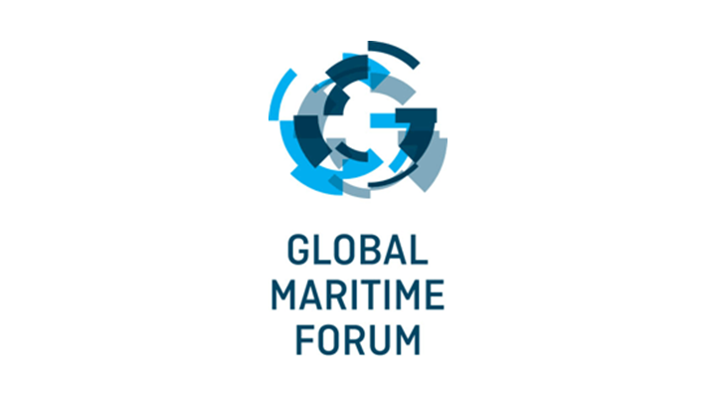Top decision-makers, thought leaders, and experts from across the maritime spectrum came together to make sense of the rapidly changing world and to identify ways in which they can take action to create a sustainable future.
Jan Dieleman, Chair, Global Maritime Forum and President, Cargill Ocean Transportation stressed the need for collaboration to tackle increasingly complex and interdependent issues.
“The challenges facing the industry in the years to come are incredibly complex and will take a long time to resolve. It will not be easy, and it will not be accomplished in silos. That is why we must and can do it together,” said Jan Dieleman.
Participants at the Annual Summit 2022 focused on how to translate high ambition for shipping decarbonization into tangible next steps and implement solutions collaboratively, for example by joining forces to establish further Green Corridors. They sent a clear signal that they are ready to move, but that the industry needs policy support to make the green transition economically viable as well as certainty that green fuels will be available. In addition, they highlighted the potential of improving operational efficiency through collaborative action to reduce emissions immediately and lower the cost of the transition.
“Let’s keep going, let’s double down on our efforts. We’ve got storm clouds on the global economy. Let’s not get blown off course, let’s keep the discipline and show that shipping can do it,” said Jeremy Nixon, Chief Executive Officer, Ocean Network Express.
With the war in Ukraine and geopolitical unrest disrupting trade, it has become very clear that shipping plays an important role in ensuring human well-being globally, delivering much needed food, energy, and fertilizer, and underpinning global growth and economic development. Participants stressed the need to preserve these critical trade flows, suggesting that certain goods could be exempt from sanctions.
“As I have highlighted, trade has an enormous role to play. And especially maritime trade. Despite all the challenges, maritime trade will become more, and not less, important in the years to come,” said Rebeca Grynspan, Secretary-General, UNCTAD in her keynote speech.
Taking steps to improve human sustainability in the maritime industry was another focal point of the discussions. Importantly, talent and workforce welfare emerged as a cross-cutting theme in the broader discussions as participants recognized that many of the other challenges and opportunities can only be overcome if human sustainability issues are addressed.
“Transport workers have become much more visible because of the pandemic. We must learn the lessons of the pandemic, and we must be able to deliver the sustainability for the maritime professionals. It is critical that we keep up the pressure,” said Stephen Cotton, General Secretary, International Transport Workers’ Federation.
The Global Maritime Forum’s next Annual Summit will take place in Athens on 18-19 October 2023, where maritime decision-makers will gather again to assess the maritime industry’s progress in tackling these challenges and opportunities, and to shape the future of global seaborne trade to increase sustainable long-term economic development and human wellbeing.
Source: Hellenic Shipping News






